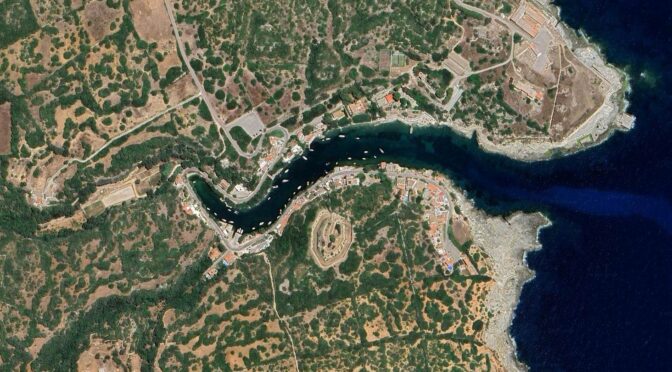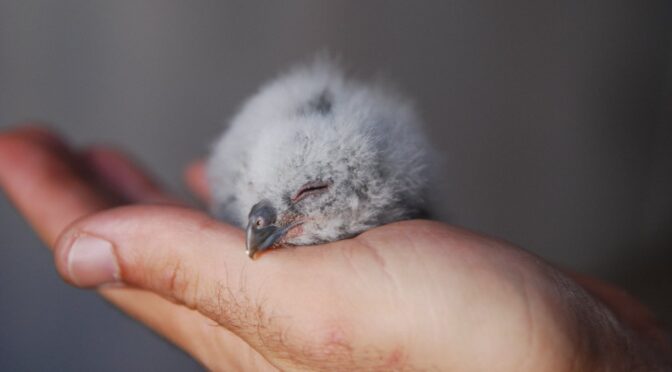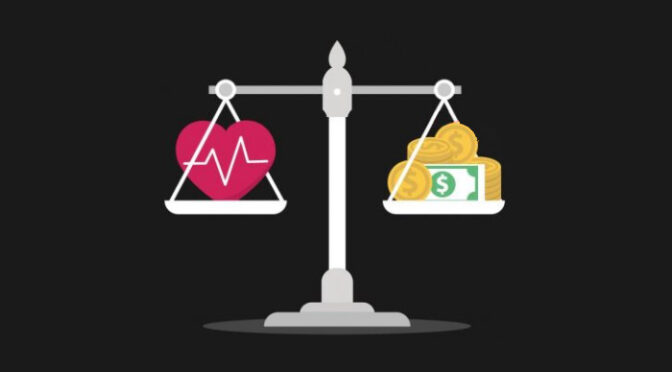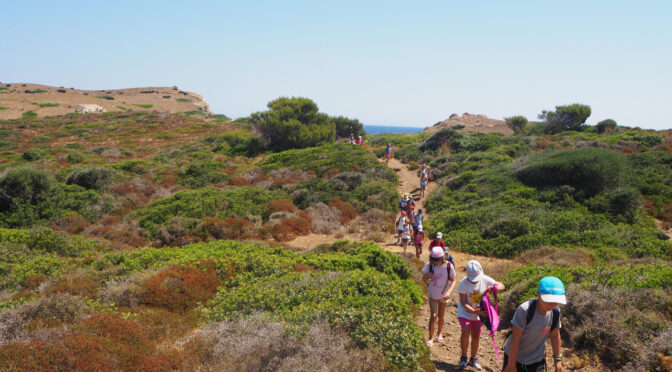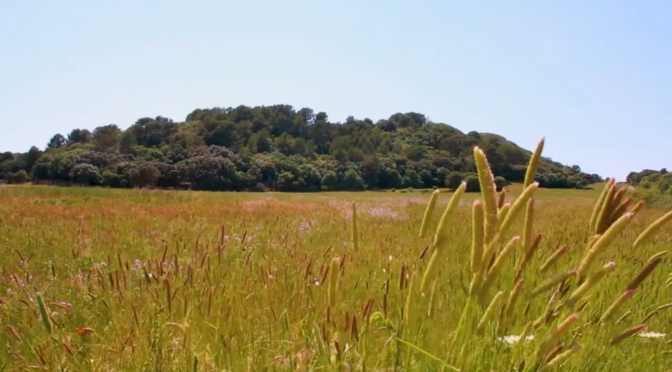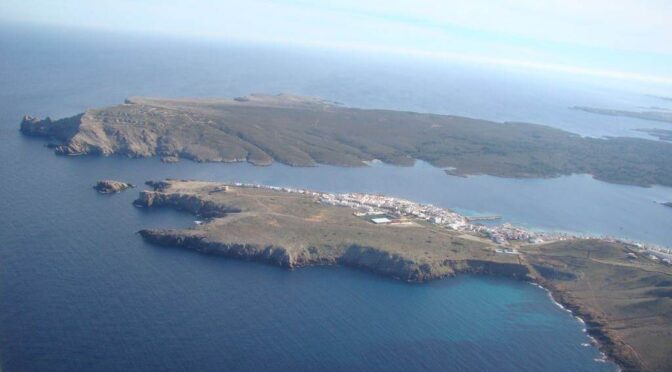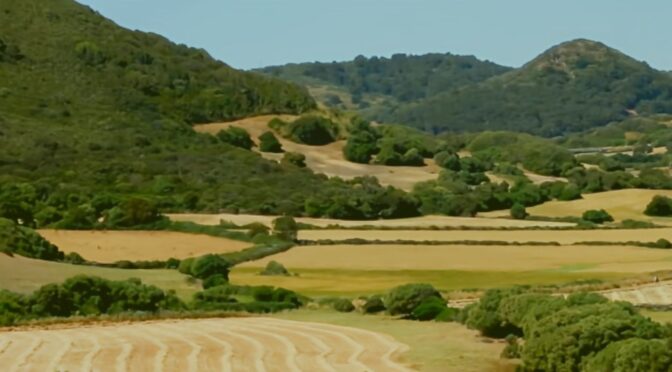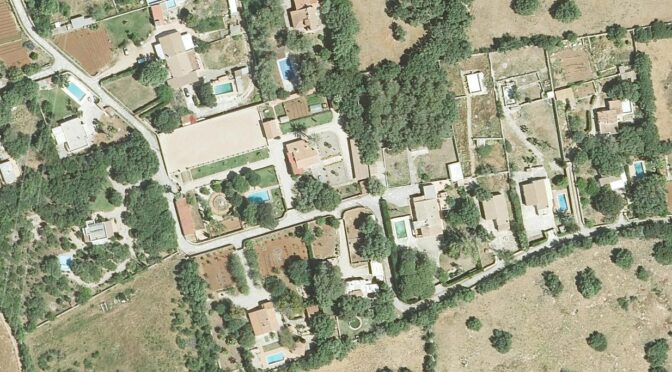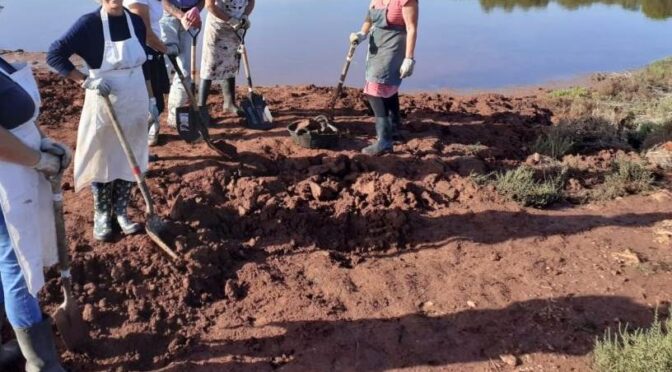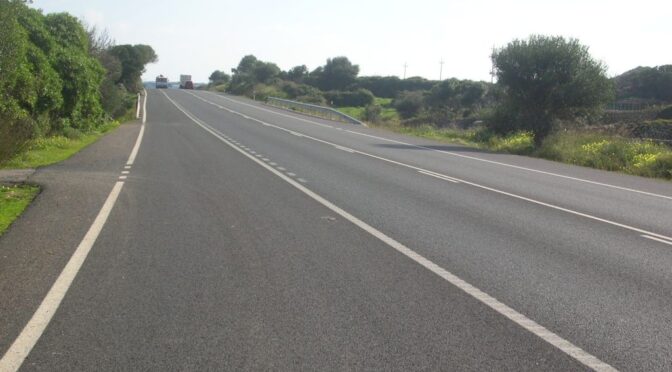Views: 1156
The project to equip Cala Sant Esteve with a sewage system raises questions about compliance with current regulations, could alter the cove’s landscape, and is further clouded by a large-scale land purchase adjacent to the urban area.
The GOB has submitted objections to the proposed sanitation project for Cala Sant Esteve, a small housing development traditionally tied to local residents.
Continue reading Doubts and risks in the sanitation project for Cala Sant Esteve

